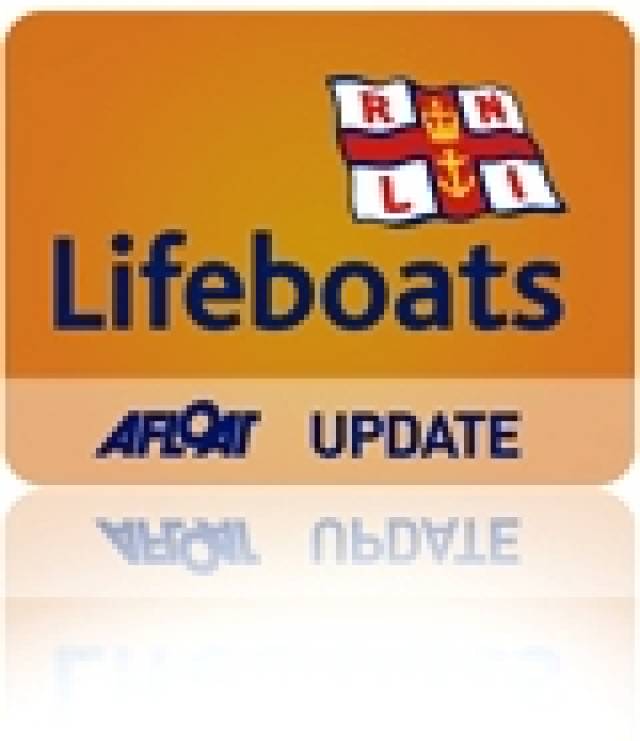#RNLI – The RNLI has launched a campaign which will see every lifeboat station in Ireland take delivery of new specially designed lifejackets this year. The lifejackets have been commissioned by the RNLI for search and rescue work and have been given the seal of approval from lifeboat volunteers.
Irish lifeboat crews at Dun Laoghaire, Wexford and Bangor were involved in the trials. Every aspect of a search and rescue operation was examined with the lifejackets designed to work in conjunction with the lifeboat volunteer to protect them and to aid their work.
The RNLI operates 43 lifeboat stations in Ireland ranging from the operation of inshore lifeboats up to all weather lifeboats capable of going one hundred miles out to sea. The cost of providing the lifejackets is estimated at €160,000 with costs at each station ranging from €2,500 up to €5,500. The charity is hoping that its national SOS fundraising day, to be held on Friday 27 January, will help raise some of the funds needed.
The RNLI continually looks to advance and improve its safety equipment. In the 1850s narrow strips of cork were sewn onto a canvas vest so the lifejacket could move with the body. Today crew lifejackets reflect decades of technological advancements. The new designs are more ergonomic and fitted to let the individual swim unhindered to aid casualties. They are lighter and more buoyant and will support the weight of a casualty being brought to safety by a crewmember in the water. They also have a luminous spray hood with visor, which can be pulled over the crewmembers head if they are in water to protect against sea spry while also making them highly visible. The lifejackets also come fitted with all the industry standard features such as water activated emergency lights, integral flare pockets, crotch straps and zipped pockets for casualty care cards, torches, gloves or knives.
Martyn Smith, RNLI Divisional Inspector for Ireland said, "Lifejackets are an essential piece of every lifeboat volunteer's kit. Whether they are operating from their lifeboat or recovering a casualty from the sea, their lifejacket is a lifesaver. This new design which is specially developed for search and rescue has some very important features that will aid them in their work. Replacing and updating our lifejackets is an ambitious project but one we feel is important as our crews deserve the best in equipment. I am grateful to the Irish lifeboat stations who trialled the lifejackets, they have helped deliver an outstanding piece of life saving equipment."
Emma Gibson, RNLI Area Fundraising Manager added, "The RNLI is a charity that relies on the generosity of the public and we are asking people to help us equip our lifeboat volunteers. Our national SOS fundraising day will take place on Friday 27 January and for this one we hope people will do something to help us raise funds for these new lifejackets.
The RNLI will also recycle the individual parts of the old lifejackets that have come to the end of their operational life, from steel and brass components to the fabric. If people wish to help or get involved with Lifejackets for Lifesavers they can call the RNLI on 01 895 1800 or email [email protected]































































